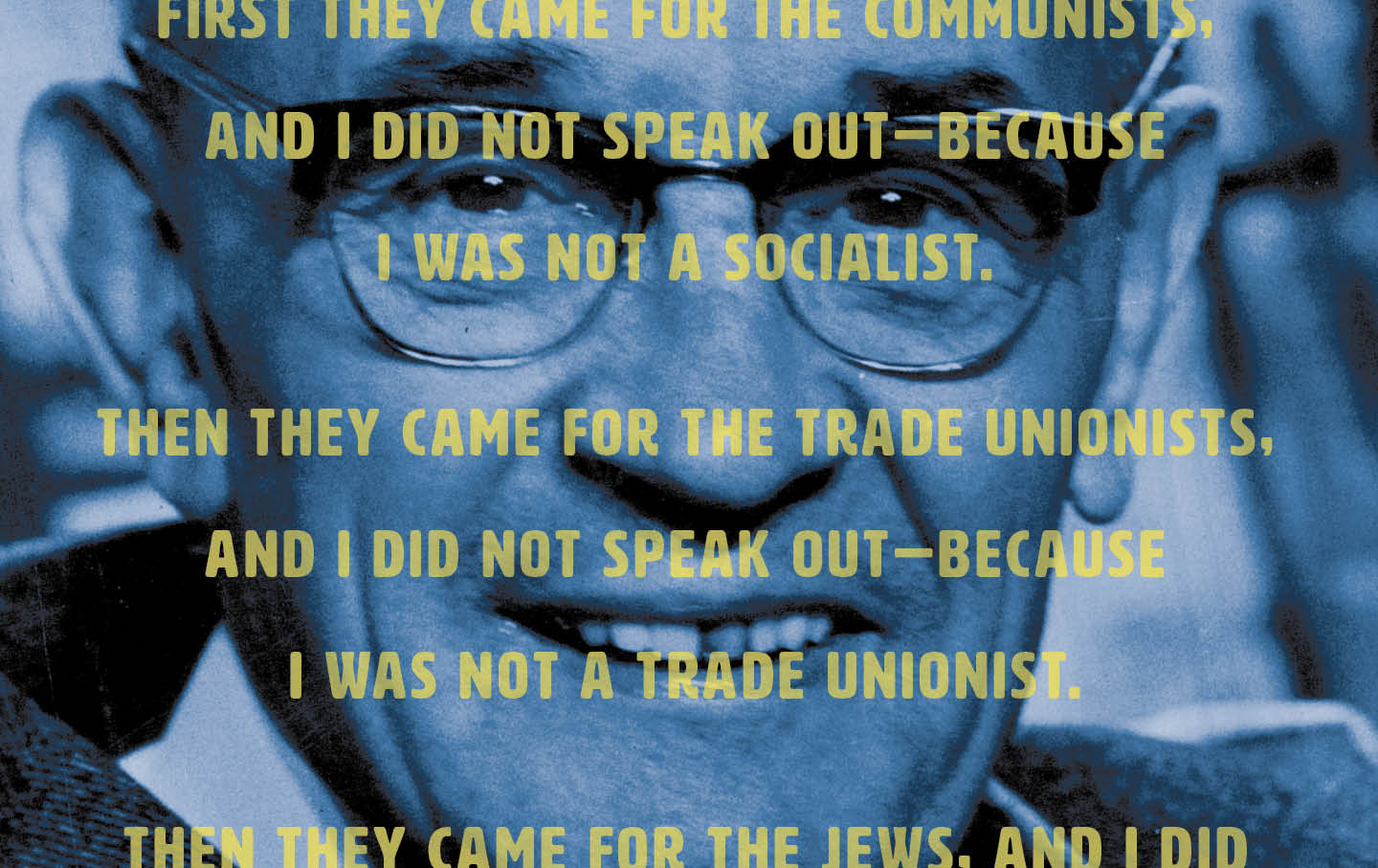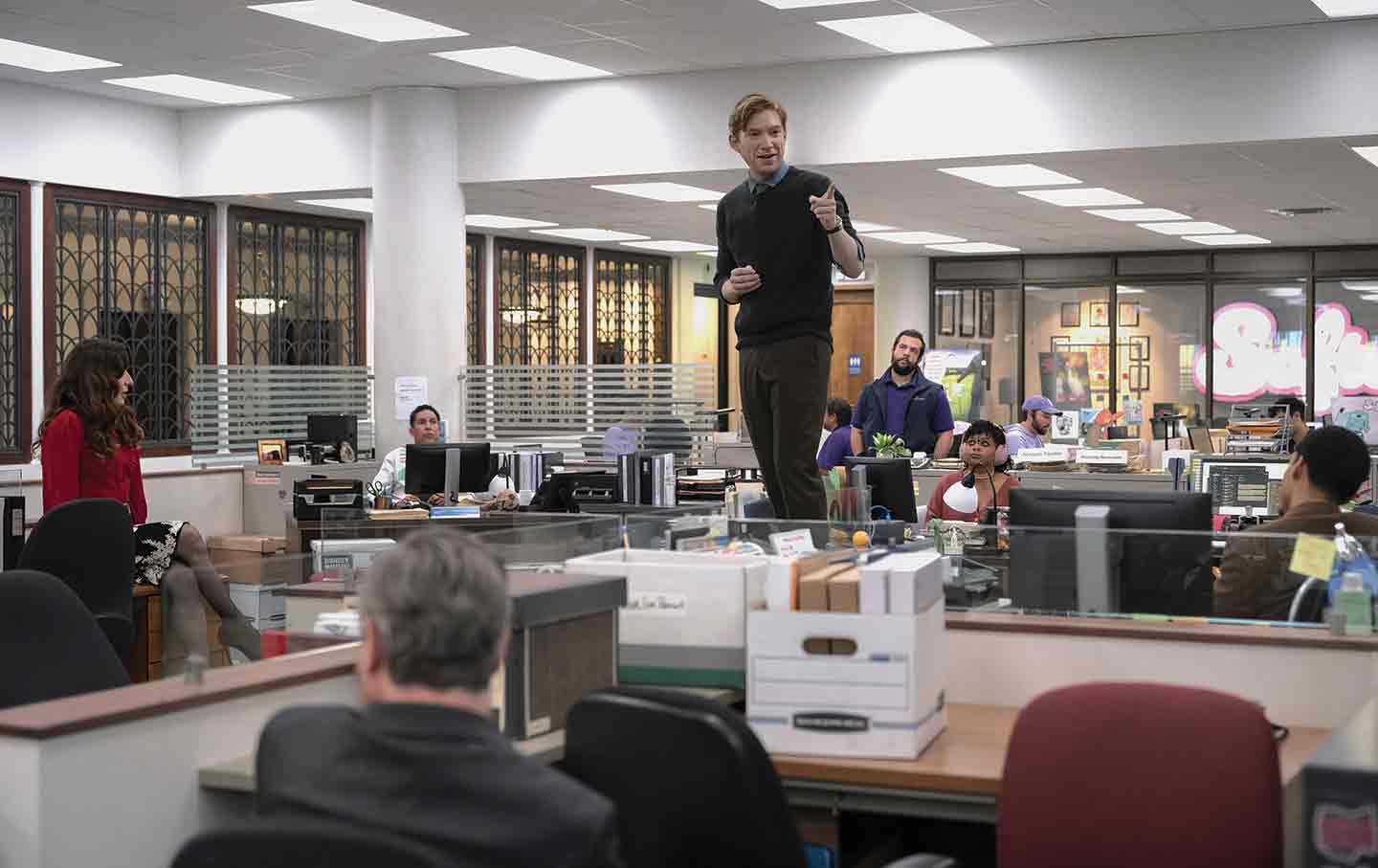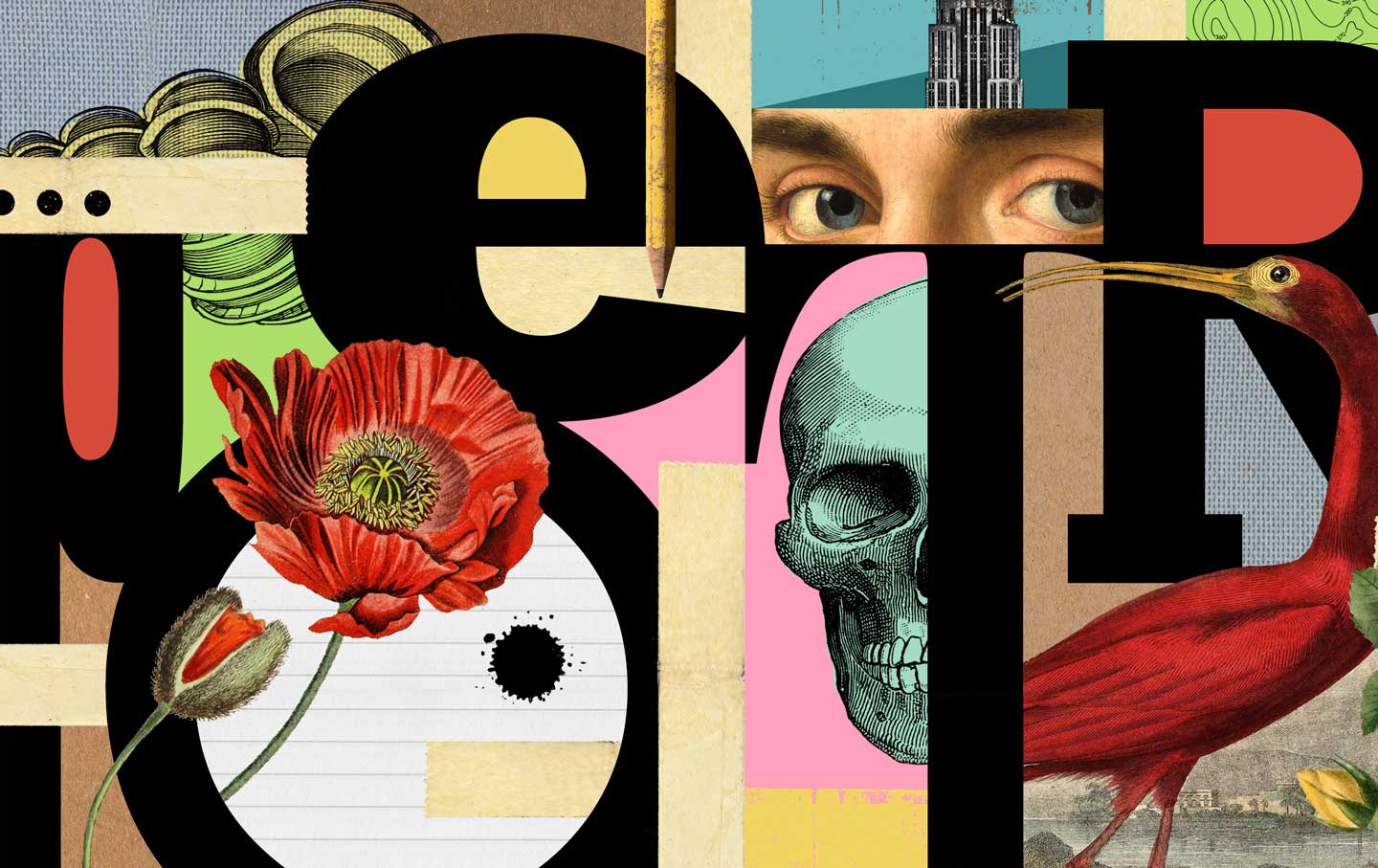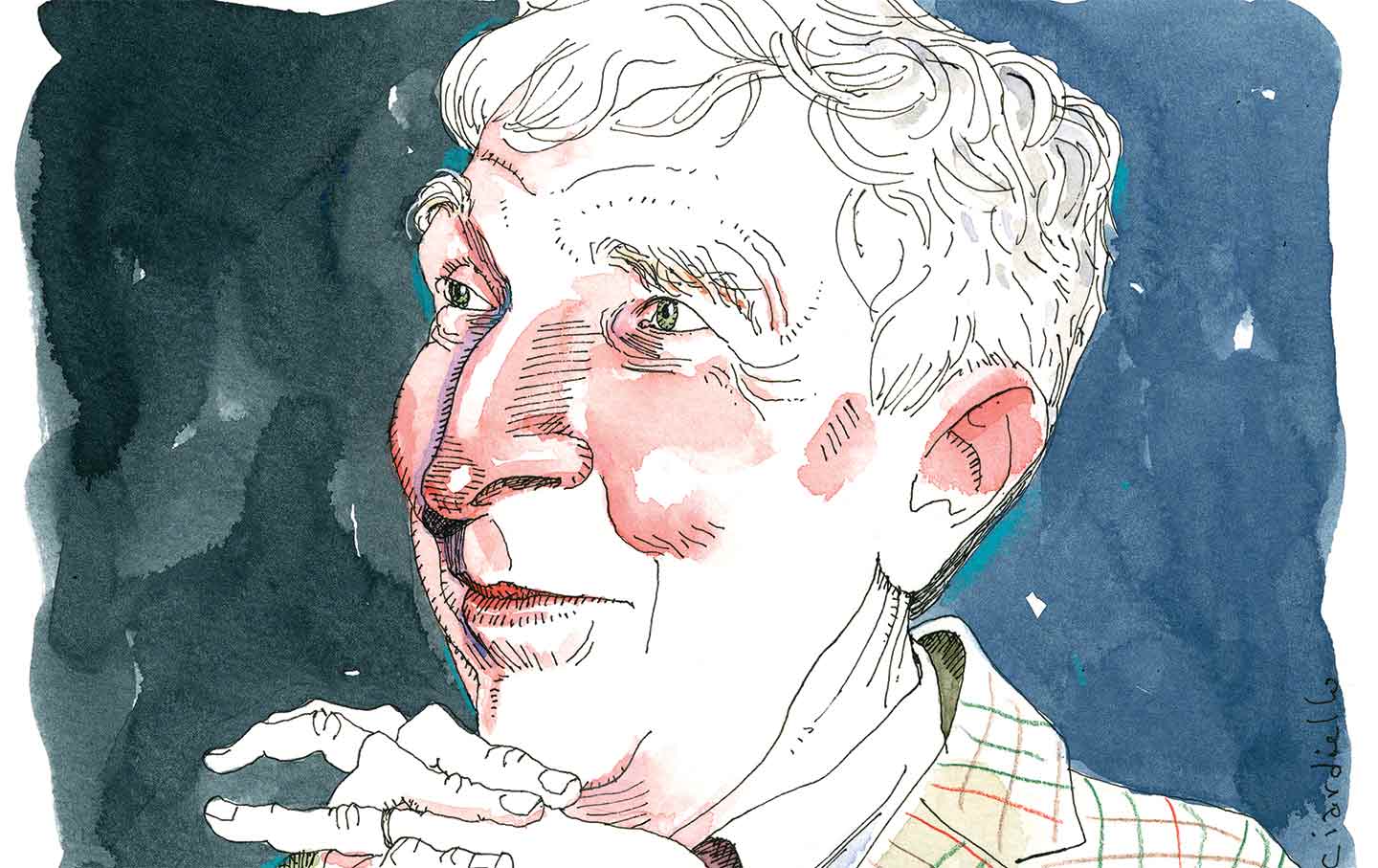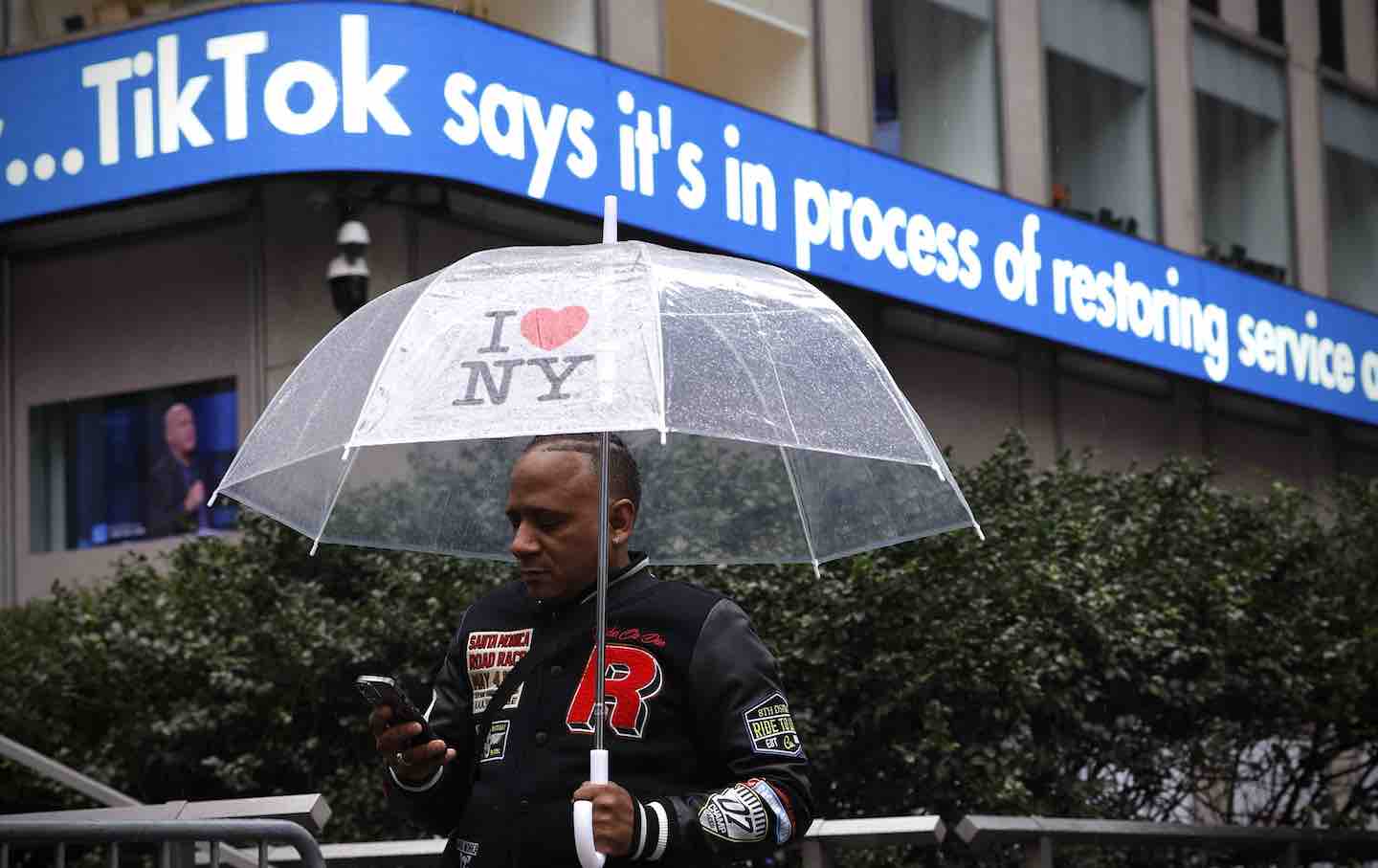Pantoum after Today’s Mass Shooting
Papi, when I die, will you be alive?
our four-year-old asks between bites of beans.
All day I’ve fled my body—now, arrive:
throat quaked raw. The same familiar scene.
Our four-year-old asks between bites of beans,
Is candy from space? How big is sadness?
Throat quaked raw, the same familiar scene:
legislation now metonym for madness.
Is candy from space? How big is sadness?
How many lives, I wonder, are worth
legislation? Now: metonym for madness
like my clutched gut moments after his birth.
How many lives? I wonder. Our worth?
I guard my loves with hope I don’t believe,
like my clutched gut moments after his birth
made a minefield. I weigh the odds. I breathe.
I guard my loves (with hope I don’t believe
like God). I surrender my son to this world
made a minefield. I weigh the odds. I breathe
as if it can protect him, his lips curled.
Like God, I surrender my son to this world
for mercy. After Uvalde, we pray
as if it can protect him, his lips curled,
I barter with karma. Use faith to pay
for mercy. After Uvalde, we prey
on loophole, Bible verse, worst self, & fear.
I barter. With karma, use faith to pay
for more time, as though The End is Near
on loop. Whole Bible vs. worst self & fear,
some dads buy a gun, like a prayer reprieve
for more. Time, as though the end is near:
the hours offer little space to grieve.
Some dads buy a gun like a prayer reprieve.
All day I’ve fled my body—now arrive:
the hours offer little space to grieve.
Papi, when I die, will you be alive?

